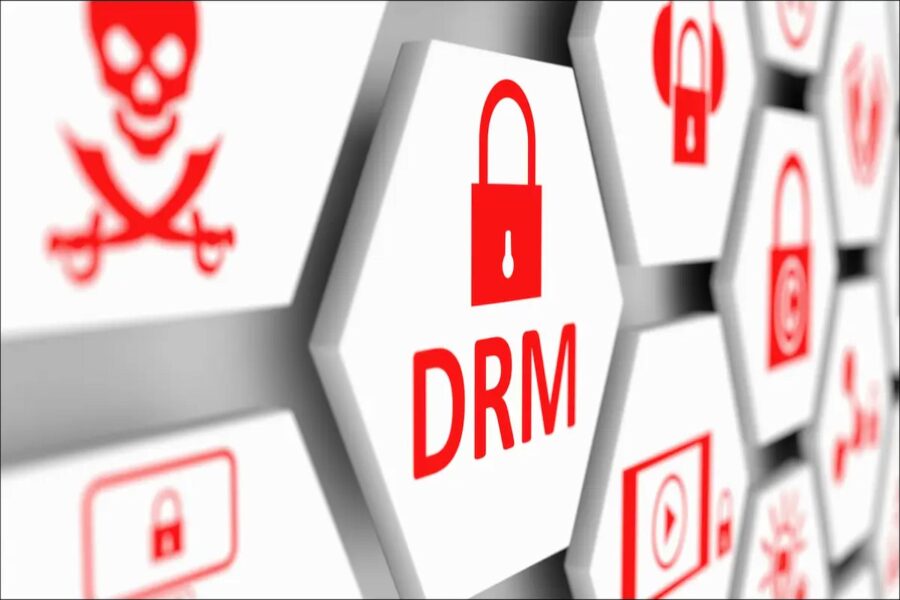Piracy is a global problem that affects businesses and content creators in a variety of industries. While DRM and anti-piracy measures can help to protect intellectual property rights, governments also play a crucial role in combating piracy. In this article, we will explore the role of governments in combating piracy and protecting the intellectual property rights of businesses and content creators.
Legislative Frameworks
One of the key roles of governments in combating piracy is the establishment of legislative frameworks that provide a legal basis for the protection of intellectual property rights. This includes laws and regulations that prohibit piracy and other forms of intellectual property theft, as well as laws that provide legal remedies for businesses and content creators whose intellectual property rights have been violated.
Enforcement
In addition to establishing legislative frameworks, governments are also responsible for enforcing laws and regulations related to piracy. This includes investigating and prosecuting individuals and organizations involved in piracy, as well as working with international organizations and other governments to combat piracy on a global scale.
Education And Awareness
Governments also play a role in educating the public about the importance of intellectual property rights and the impact of piracy on businesses and content creators. This includes public awareness campaigns and education initiatives that promote respect for intellectual property rights and discourage piracy.
International Cooperation
Piracy is a global problem that requires international cooperation and collaboration to combat effectively. Governments play a crucial role in working with other countries and international organizations to develop and implement strategies for combating piracy, including sharing information and resources, and coordinating enforcement efforts.
Balancing Economic And Social Interests
Governments also need to balance the economic interests of businesses and content creators with the social interests of consumers and society as a whole. This includes developing policies and initiatives that support the development of new business models and technologies that help to combat piracy while also ensuring that consumers have access to affordable and legitimate digital content.
it’s important to recognize that piracy is a transnational crime that knows no boundaries. Pirated goods can be produced in one country, shipped through another, and sold in a third, making it difficult for any single country to tackle piracy effectively. Piracy also involves multiple stakeholders such as producers, distributors, and consumers, each of whom may be located in different countries. Therefore, international cooperation is needed to address the issue comprehensively.
Conclusion
In conclusion, piracy is a global problem that requires a coordinated and collaborative effort from governments, businesses, and content creators to combat effectively. Governments play a crucial role in establishing legislative frameworks, enforcing laws and regulations, educating the public, and promoting international cooperation. At the same time, governments need to balance the economic and social interests of all stakeholders to ensure that the fight against piracy is conducted in a fair and ethical manner.



